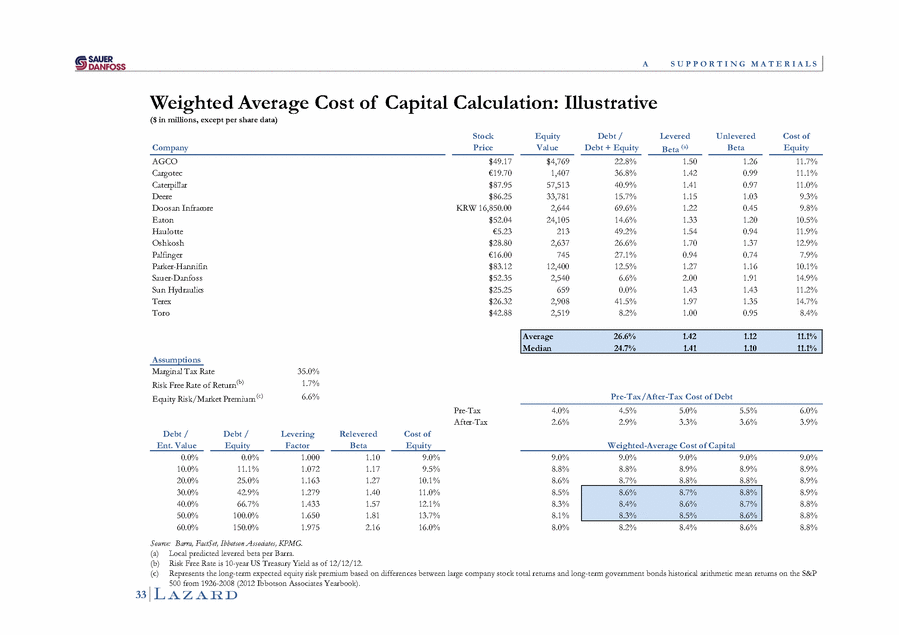Alliance Capital agrees to $250 million penalty
Post on: 22 Апрель, 2015 No Comment

Separate deals with SEC, Spitzer include lower fees
December 19, 2003 | By BLOOMBERG NEWS
Alliance Capital Management Holding LP agreed yesterday to cut fees by about $350 million and pay a $250 million penalty, the largest for a mutual fund company, to settle allegations that executives allowed short-term trading by hedge funds and brokers that diminished returns for long-term investors.
The penalty and fee reduction mark the steepest price yet extracted by regulators in the investigation of trading abuses at more than 20 companies in the $7.1 trillion fund industry. The differing state and federal settlements escalate the conflict between the SEC and Spitzer over setting rules for mutual funds.
This case sends a painful message to the rest of the industry, said Geoff Bobroff, an industry consultant in East Greenwich, R.I. and a former SEC enforcement attorney. The fee reductions are especially punitive because there goes profit out the door.
The SEC said in a statement that there is no legitimate basis for regulators to set fund fees. The allegations against Alliance grew from illegal market timing by investors including the Canary Capital Partners LLC hedge fund, the SEC complaint said.
The investigation of Alliance is active and ongoing, Stephen Cutler, the SEC’s director of enforcement, said at a news briefing in Washington. The 20-page complaint from the SEC doesn’t mention any Alliance employee by name.
Spitzer countered by saying the SEC has a fundamental misunderstanding of the root cause of the harm to investors. Alliance breached its duty to investors by collecting fees at the same time it was undercutting them by permitting illegal trading, he said in a statement.
This settlement will fundamentally alter the way this company is run, Spitzer said. Instead of favoring managers, the company will now focus on the interests of investors by eliminating harmful market timing and reducing fees for all shareholders.
Alliance, led by Chief Executive Officer Lewis Sanders, agreed to keep its fees at a lower level. It’s the first company to do so to settle with Spitzer. Alliance, controlled by France’s AXA SA, didn’t admit or deny the allegations.
In a statement, Sanders said, The key provisions of these agreements, which we endorse strongly, will bring large and lasting benefits to our clients. Alliance plans to take a $140 million pretax charge to establish a restitution fund. The company also said the fourth-quarter dividend may be scrapped.
Alliance allowed favored investors including the Canary hedge fund, Nevada broker Daniel Calugar and 18 other brokers to make frequent market-timing trades in its funds in return for long-term deposits in Alliance’s hedge funds, regulators said. The trades, which were prohibited for most investors, diluted gains or increased losses for the majority of fund holders.
Alliance executives including the firm’s president were notified by e-mail in June 2001 of the Calugar arrangement, the SEC said in its complaint.
Alliance has fired at least four executives, including its former president, John Carifa, and fund manager Gerald Malone after they were accused of being aware of or participating in market-timing arrangements.
Market timers seek to profit from the fact that mutual funds are valued once a day at 4 p.m. Eastern time, while the securities they own trade more frequently around the world. Market timing involves buying a fund’s shares and then quickly selling them. Alliance has wording in its prospectuses that says the company tries to limit the practice to protect investors, the SEC said.
By mid-2003, at the height of the market timing, Alliance had allowed more than $600 million into its funds for illegal trading, the SEC said. When a fund manager complained that the traders were hurting performance, Alliance cut back timing in that fund and increased capacity in other funds. Calugar made a profit of $64 million from his trading at Alliance, the SEC said.
In one case, Alliance gave Calugar permission to make multiple rapid trades of as much as $150 million in the AllianceBernstein Technology Fund. He invested $30 million in a hedge fund managed by the same portfolio manager, the SEC said. The money manager knew the timers were using his mutual fund and hurting its return.
The unidentified manager made a presentation to fund directors in July in which he told them the Technology fund was diminished by 1.4 percent in the first half of 2003 because of market timing, the SEC complaint said.
Alliance violated the first rule for investment advisers — to protect the interests of the client, Cutler said. A violation of this fundamental trust warrants a most severe sanction, and the SEC’s order reflects that.














